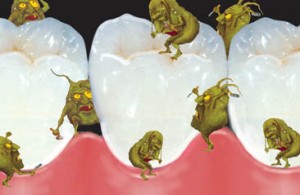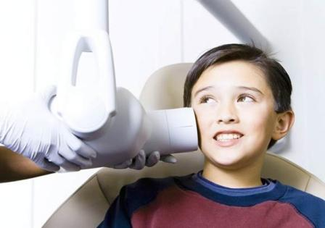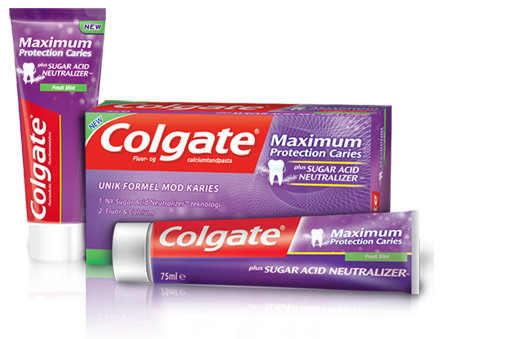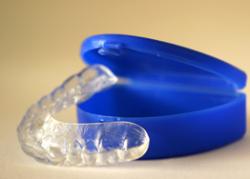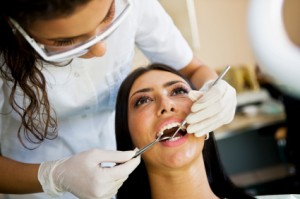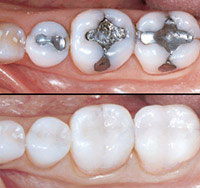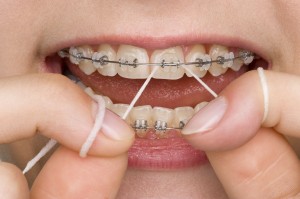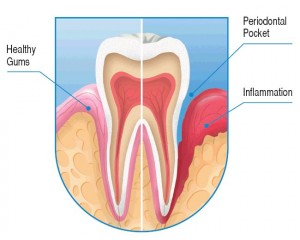
The general rule is: bleeding gums are unhealthy gums. If you notice bleeding gums when you brush or floss your teeth, this is an indication that your gums are inflamed or infected.
Plaque forms in your mouth over a 24 hour period – from everything you eat and drink and from all the sugars and acids in your saliva. This plaque sits on your teeth at the gum-line and between the teeth. The bacteria from the plaque begins to irritate your gums, causing them to become red, slightly puffy and inflamed or even infected.


